 Coalition governments are a basic pattern of parliamentary democracy that is put to the test by new alliance necessities and options, among other things. Our research focusses primarily on the formation of coalitions: How are coalition negotiations organised? How do the internal party decision-making processes take place when forming a government? And what do coalition agreements achieve?
Coalition governments are a basic pattern of parliamentary democracy that is put to the test by new alliance necessities and options, among other things. Our research focusses primarily on the formation of coalitions: How are coalition negotiations organised? How do the internal party decision-making processes take place when forming a government? And what do coalition agreements achieve?
If you are interested in our research on coalitions, please contact Dr Danny Schindler at schindler@iparl.de or to Oliver Kannenberg at kannenberg@iparl.de.
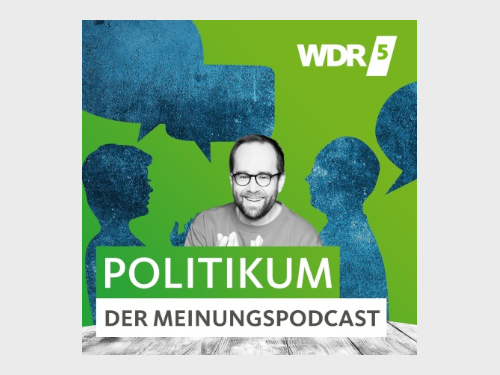
In the programme Politikum - Der Meinungspodcast from WDR 5, Danny Schindler explained why political leadership and the ability to compromise on a daily basis are needed, but not necessarily extensive coalition agreements.
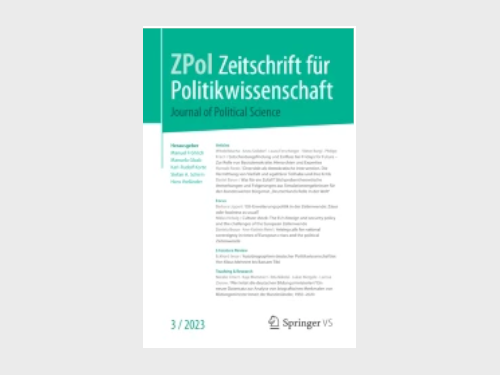
In view of new coalition options and necessities, internal party processes are becoming increasingly important when forming a government. In their article for the Zeitschrift für Politikwissenschaft, Oliver Kannenberg and Danny Schindler analysed the decision-making process of the Berlin SPD after the 2023 repeat election - from a power-political perspective and from the point of view of inner-party democracy.

The newly formed government of Mongolia is currently negotiating a coalition agreement and is modelling itself on the German traffic light government. At the invitation of the Friedrich-Ebert-Stiftung, Danny Schindler and Oliver Kannenberg advised a delegation from the government on the upcoming coalition negotiations.

The federal traffic light coalition is currently perceived as divided and disunited. Compromises are often found after lengthy and mostly public conflicts. But what is the situation in the governing parliamentary groups and members of parliament? In a new blog post for the American-German Institute, Florian Bastick and Franziska Carstensen analyse written questions from members of the Bundestag to find out whether conflicts between the coalition partners are also visible here.
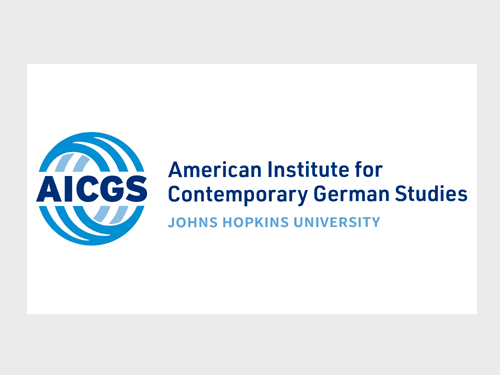
Following the repeat election to the Berlin House of Representatives on 12 February, the SPD has decided to enter into coalition negotiations with the election winner, the CDU, although a continuation of the previous red-green-red government alliance is also mathematically possible. However, the SPD party members have the final say. The course of events to date already shows that forming a coalition is always also power politics - between and within the parties.

Following the parliamentary elections in Sweden on 11 September, Scandinavia's most populous country is facing a challenging government formation: The incumbent Prime Minister Andersson has resigned; the ball is now in the court of the conservative camp led by Ulf Kristersson. Kevin W. Settles discusses with Swedish author and journalist Lotta Lundberg (Svenska Dagbladet, among others) and Dr Tobias Etzold, political scientist and lecturer at the Norwegian University of Science and Technology (NTNU) in Trondheim, how he is integrating the right-wing populist Sweden Democrats, who are the second-best party for the first time, into his government formation and what consequences this parliamentary election will have for Sweden and Europe.
Sign up to receive updates, promotions, and sneak peaks of upcoming products. Plus 20% off your next order.